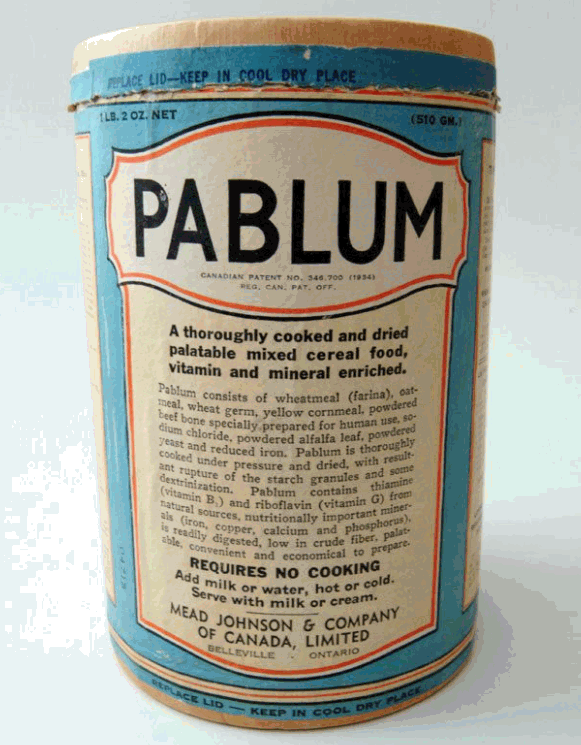The current issue of Mayo Clinic Proceedings has an article entitled "Maintenance of Certification and the Platinum Rule: An Existential Crisis" by Richard G. Ellenbogen, MD, E. Sander Connolly Jr, MD, and Fredric B. Meyer, MD. I encourage all to read it and the accompanying editorial by Suzanne M. Norby, MD from the Division of Nephrology and Hypertension and Mayo Clinic.
It is clear that MOC has morphed into a money-making endeavor for legions of third parties, including insurance companies, hospitals, and a myriad of other corporate interests eager to capitalize on the control and sharing of physician data. While the concept of using the "Platinum Rule" to guide the evolution of MOC is a step in the right direction, the "MOC existential crisis" will not end until the "Sword of Damocles" (as the authors aptly put it) is removed from working physicians' heads. We simply cannot work with the threat of the loss of our professional careers if we fail to purchase the unproven MOC (and any other required "continuous certification" product).
The ABMS MOC paradigm will only survive if becomes truly voluntary and its lack of purchase will not affect our right to earn a living.
-Wes
P.S. (Updated 9 Feb 2020 @ 13:45PM CST) As we have seen time and time again, the physician influencers and apologists of the American Board of Medical Specialties (ABMS) have historically abandoned their moral imperative to working physicians and their patients to “first, do no harm.” Corporate interests invariably supersede this ethic. It should come as no surprise, then, that the lead author of this piece has a similar track record working for the National Football League.
Physicians wishing to support the plaintiffs in their ongoing effort to end Maintenance of Certification are encouraged to contribute here.
Saturday, February 08, 2020
Tuesday, February 04, 2020
PA Medical Society and MOC
Are medical societies advocating to end the unproven American Board of Medical Specialties' Maintenance of Certification (MOC) mandate or are they burying the controversy?
In 2016, the Pennsylvania Medical Society (PAMed) issued a strongly-worded "Vote of No Confidence" against the American Board of Internal Medicine (ABIM).
Good luck finding that earlier statement on PAMed's webpage concerning MOC now.
Instead, we see the following soothing pablum regarding PAMed's MOC position:
Pennsylvania physicians represented by PAMed need to confront their medical society's current leadership concerning MOC and the lack of independent financial audit demanded by the AMA House of Delegates. One thing working physicians in Pennsylvania (and elsewhere) don't need: corporate physician shills more interested in themselves and their political aspirations than the support of front-line physicians who care for their citizens.
-Wes
In 2016, the Pennsylvania Medical Society (PAMed) issued a strongly-worded "Vote of No Confidence" against the American Board of Internal Medicine (ABIM).
Good luck finding that earlier statement on PAMed's webpage concerning MOC now.
Instead, we see the following soothing pablum regarding PAMed's MOC position:
PAMED PositionThe accusations in PAMed's original 2016 Vote of No Confidence against the ABIM were significant:
Supports efforts to:
- Improve MOC
- Prohibit MOC as a condition of licensure, insurer credentialing and reimbursement, or hospital admitting privileges
" Through their marketing efforts, the ABIM has worked hard to give the impression that their recertification exam demonstrates competency. However, despite numerous calls to substantiate this assertion, the ABIM has been unable to provide reliable independent evidence that a secure, high-stakes exam, taken every 10 years by some and for which other are "grandfathered" and therefore exempt - leads to better patient care. This is because while the overwhelming majority of practicing physicians pass the ABIM recertification secure, high-stakes computer exams, this test and the MOC process have no correlation to how well a doctor can take care of a patient. Shockingly, countless medical leaders. numerous national mainstream publications, and several forensic accounting reviews have published information which suggests the ABIM's motivation for their recertification process was primarily driven by little more than financial mismanagement."In 2017, a resolution was passed by the AMA House of Delegates demanding an independent audit of the ABIM. This lead to the following response from the ABIM to James Madara, MD, President of the AMA. In that response by the ABIM, the American College of Cardiology was quoted as vouching for the ABIM's financial statements because of this statement issued to their membership:
In addition, the ACC's accounting staff have reviewed and discussed the ABIM’s publicly available financial statements with an outside accounting firm and have found the statements to be in compliance with Generally Accepted Accounting Principles, as utilized by not-for-profit organizations in the United States.The problem is, the AMA and the ACC have interests in selling physician data and each organization has representatives on the board of PCPI.org alongside representatives from UnitedHealthcare. PCPI and the ABMS share the same office address. Therefore, the financial "audit" demanded by the AMA House of Delegates in 2017 and accepted by the AMA's President Madara was never "independent."
Pennsylvania physicians represented by PAMed need to confront their medical society's current leadership concerning MOC and the lack of independent financial audit demanded by the AMA House of Delegates. One thing working physicians in Pennsylvania (and elsewhere) don't need: corporate physician shills more interested in themselves and their political aspirations than the support of front-line physicians who care for their citizens.
-Wes
Subscribe to:
Posts (Atom)

